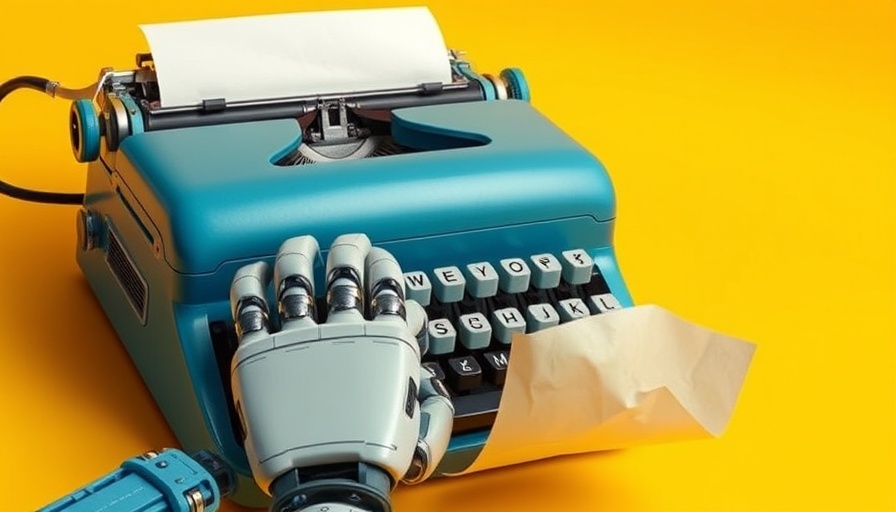
A Growing Concern: AI Models and Copyright Issues
OpenAI's latest developments have reignited a heated debate in the tech and legal communities. A new study suggests that OpenAI's models may have memorized copyrighted content during their training—raising serious questions about data transparency and authorship rights. This comes at a time when legal actions from authors and programmers are presenting a formidable challenge to AI companies, alleging unauthorized use of their works.
Understanding the Memorization Process
The study, co-authored by researchers from prestigious institutions, introduces an innovative method to reveal the extent of memorized content within AI models. Unlike traditional data output—where models generate new content based on learned patterns—this research has found that certain words can act as flags, indicating that specific snippets were memorized during the model's training. High-surprisal words—those unexpectedly placed within a sentence—are particularly telling. When models can correctly identify these elusive words, it suggests past exposure to the training material.
The Implications of AI Training on Copyrighted Materials
Results from testing OpenAI's GPT-4 showed distinct patterns of memorization from popular fiction and even articles from reputable publications like the New York Times. Co-author Abhilasha Ravichander emphasized the necessity for transparency: "To build trustworthy language models, we require tools to audit them scientifically." The calls for greater data transparency resonate within the industry, marking an urgent need for clearer guidelines and standards regarding training data.
Future of AI and Copyright Laws
As AI continues to evolve, the nexus between technology and copyright law remains a pressing issue. OpenAI has previously lobbied for modification of fair use rules to mitigate challenges from legal frameworks that currently limit data usage. The outcome of ongoing lawsuits could significantly influence how AI technologies are developed and deployed, potentially reshaping the landscape of intellectual property.
Conclusion: The Path Forward
As discussions around AI and copyright laws intensify, stakeholders from various sectors must engage in this dialogue. For entrepreneurs and tech professionals, understanding these dynamics is crucial. Not only can it affect innovation trajectories, but it could also redefine how they navigate the complexities of content production in an increasingly AI-driven world. Stay informed and leverage emerging insights to shape your practices accordingly.
 Add Row
Add Row  Add
Add 




Write A Comment